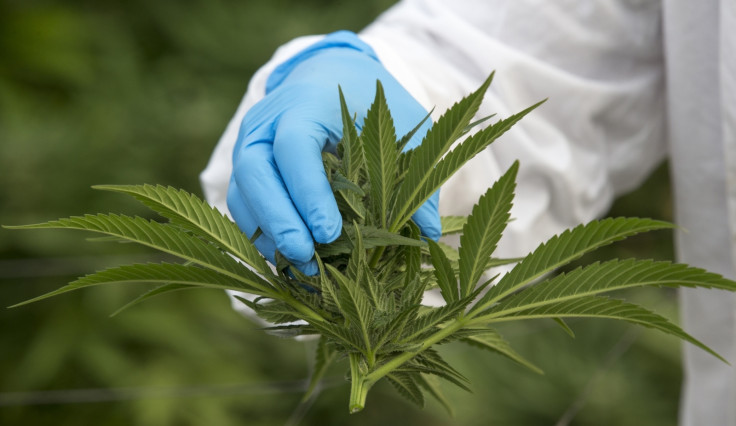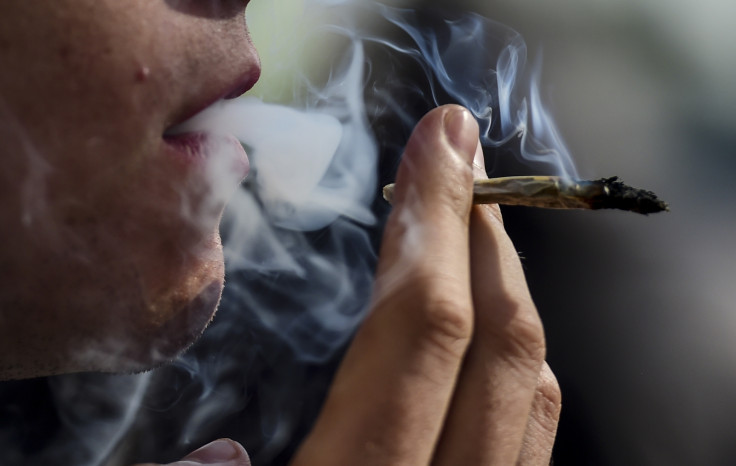Research provides new evidence in the link between marijuana usage and mental health risks
The results of an American study have provided new evidence that heavy usage of cannabis can lead to mental illness and psychotic disorders.

New evidence of mental illness and psychotic disorders being linked to heavy cannabis usage has been unearthed after a recent study in America by Dr Ryan Sultan, an assistant professor of clinical psychiatry at Columbia Irving Medical Centre.
Dr Sultan, who is also an expert in areas of ADHD and Cannabis use, has spent the last decade diagnosing millions of patients with various psychotic disorders, but, as of late, the psychiatrist has noticed a striking pattern that associates these types of disorders with marijuana. Commenting on the pattern, he said: "Of all the people I've diagnosed with a psychotic disorder, I can't think of a single one who wasn't also positive for cannabis."
A previous study into cannabis use amongst adolescents, led by Dr Sultan and Columbia researchers, showed that teenagers who use cannabis for recreational purposes are two to four times more likely to develop psychotic disorders, especially depression, than teenagers who refrain from using the substance. Unfortunately, as of yet, building a credible connection between marijuana and mental illness still proves difficult due to a majority of the research being purely observational.
Dr Sultan has acknowledged the limitations of evidence in answering these questions about whether or not people who are already developing psychiatric disorders are more likely to use cannabis for medication, or if cannabis usage could cause the individual to spiral into mental turmoil.
According to another study carried out by the University of Washington, however, many people had reported using marijuana to cope with their anxiety, especially those diagnosed with social anxiety disorders. Results of the study showed that tetrahydrocannabinol (THC), which is a principal component of cannabis, could decrease anxiety in small doses, whilst being able to increase anxiety in higher doses.
Dr Nora Volkow, director of the National Institute on Drug Abuse (NIDA), in a recent interview, stated: "There is a big sense of urgency not just because more people are smoking marijuana, but because more people are using it in ways that are harmful, with a higher and higher concentration of THC."

Additionally, a study carried out by the US National Institutes for Health discovered evidence of a clear association between cannabis usage and schizophrenia. The most common demographic in the results was young men aged between 21 and 30 but also included women of the same age range.
Marijuana is the most common drug used for substance abuse in the United States and has been studied vigorously for many years to assess its effects on the mind and body.
Despite the recreational use of the substance now legalised in over 30 US states, the use of marijuana has remained controversial due to its frequent association with psychotic disorders ranging from anxiety, depression and schizophrenia, particularly in young people.
An article published by the National Library of Medicine in America earlier month suggests that the widespread legalisation of marijuana was leading to higher rates of cannabis use, particularly among young adults aged between 18 and 25.
Research suggests that the human brain is the last vital organ to fully develop. This means that young adults who begin using cannabis are extremely vulnerable to the psychological effects of substance abuse.
As per his suggestion based on this research, Dr Sultan says: "Really, the ideal time to consider using weed – if you're going to use it – is 26 or later."
© Copyright IBTimes 2025. All rights reserved.






















